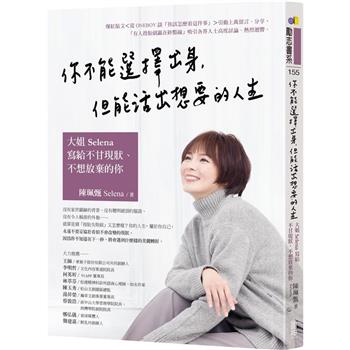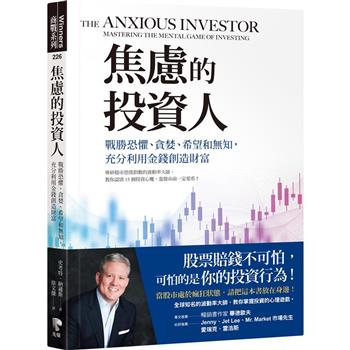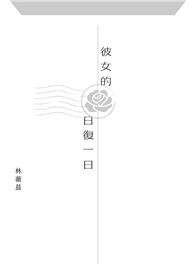Nurses of Los Angeles: Uncapping the Mystery details the leaders, the schools, and the lives of nurses who worked daily to achieve their goals. More than 450 color photographs, from 1858 to 2024, accompany each historical story and biography as it is told.
When California became a state in 1850, the treeless basin named Los Angeles had no newspapers, colleges, libraries, or public schools. Residents obtained water from open canals in front of their homes that were used for bathing and dumping trash. Cows grazed in open fields. Injured people lay unattended in squalor, and orphans roamed the streets for handouts.
In 1855, Bishop Thaddeus Amat wrote to Spain, France, and the East Coast of the United States to ask officials for help in caring for the needy residents and orphans. The Daughters of Charity of St. Vincent de Paul responded and sent six nurse nuns from Maryland. Those six nurses opened the first Los Angeles hospital in 1857--the only hospital until the county finally built one in 1878.
In the early 1900s, people flocked to Los Angeles for the health benefits. Sanitariums and sanatoriums proliferated: many hoped to cure their tuberculosis; some just wanted rest and relaxation in the perfect climate and fresh sea air. As the city expanded, more hospitals opened. Nurses organized schools of Nursing within the hospitals to meet the needs of the community. They practiced Public Health Nursing in depressed areas of the city, often populated by immigrants who could not afford health care. They succeeded in becoming the first city in the U.S. to convince the County to pay a salary for a Public Health Nurse. They became expert housing inspectors during their patient visits.
Nurses thrived and continued to expand their educational methods. They moved from a hospital apprentice model to the breadth of college degrees available to other professions. They created advanced clinicians: nurse practitioners, nurse midwives, and nurse anesthetists. None of this came easily; they worked diligently to fight for a place in society they knew they deserved.












